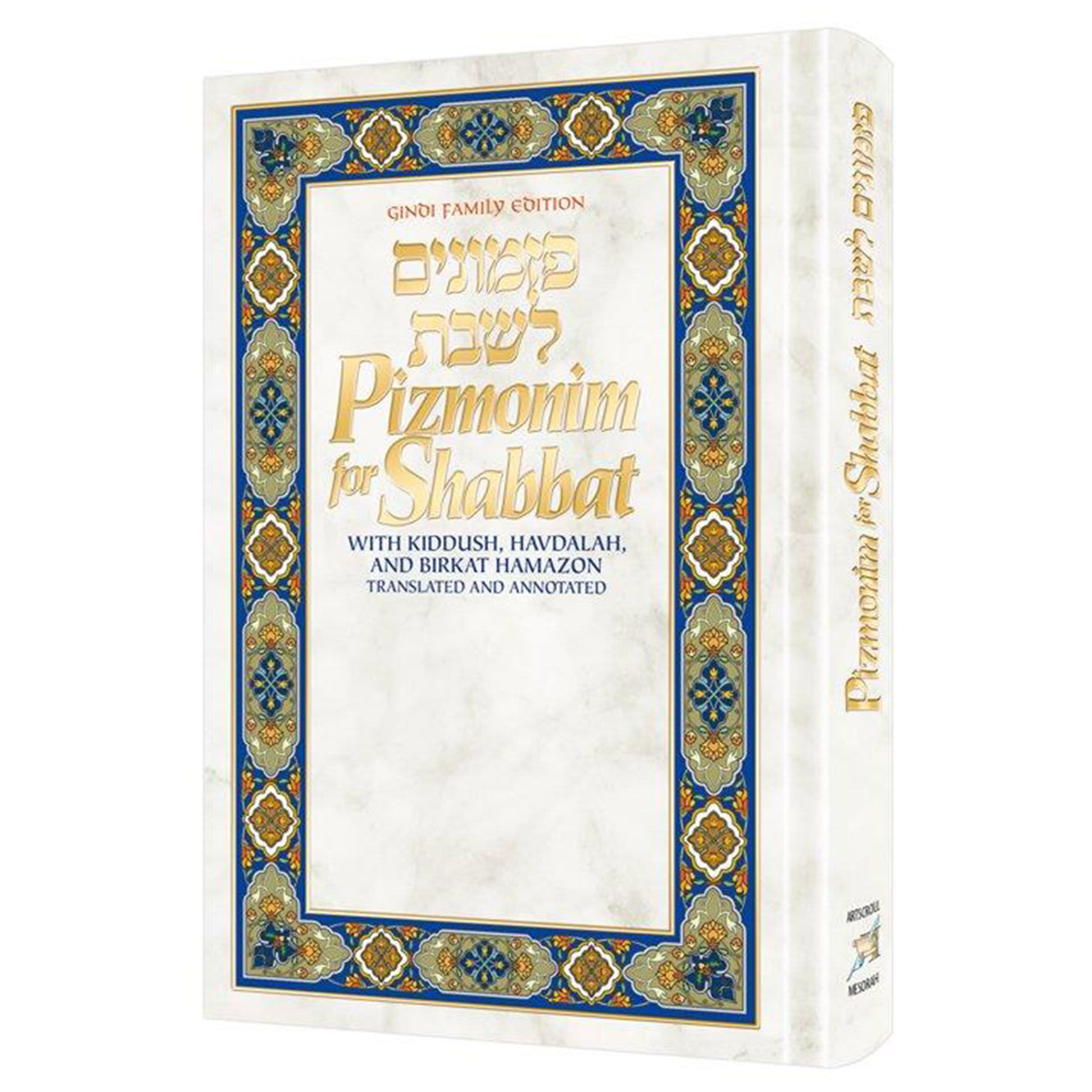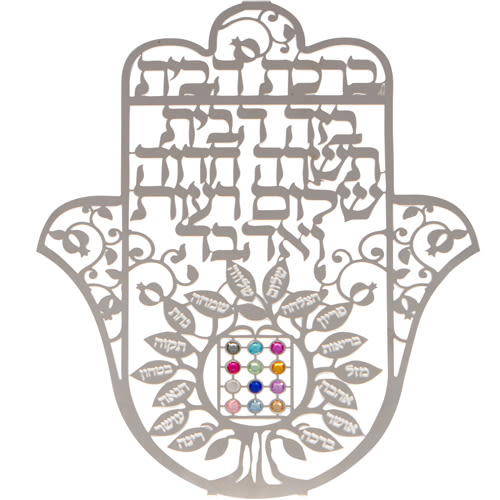
Use Your Strength!
Failing to pray is like attempting to dig foundations for a building with your bare hands, instead of using a crane and a bulldozer…

Translated by Rabbi Lazer Brody
In Forest Fields, Part 57
Deep inside, everyone yearns to return to Hashem, to correct one’s negative traits, and to nullify one’s bodily lusts. Yet one who does not utilize his power to pray in order to do so resembles someone attempting to dig foundations for a building with his bare hands, without the use of any tools whatsoever. Instead of operating a tractor that can readily and swiftly do the necessary digging, he uses his hands alone and therefore barely scratches the surface.
 Prayer is the heavy-duty tool that is always at our disposal. Rebbe Nachman says that prayer is the main weapon a Jew possesses.
Prayer is the heavy-duty tool that is always at our disposal. Rebbe Nachman says that prayer is the main weapon a Jew possesses.A person who receives an answer to his prayer derives enormous encouragement: He might say to himself, “I prayed, and my prayer was accepted! I’ll continue to pray for more and more things, and I will attain them all through prayer. And, if I pray only a half an hour or an hour a day for one particular objective – and I see such salvations – who can imagine what I can achieve through praying several hours each day for that one objective?
Rebbe Natan in Likutei Halachot writes that the first prayer that a person prays that is answered is similar to a firstborn. In Jewish Law, a firstborn receives a double inheritance.
A woman’s faith and prayer pave the way to parenthood: “Master of the Universe, give me the faith to believe that I am capable of bringing children into this world.” Yet after she has already given birth and she has already become a vessel for bringing children into the world, then she attains the belief that she is capable of bearing children. Therefore, in effect, all her future children come to this world by virtue of the strength of the firstborn. This is why the firstborn merits receiving a double inheritance, for he has a part in the birth of each and every other child born to his mother. Rebbe Natan explains that the same principle holds true in regard to the first prayer to which a person receives an answer; it is the “firstborn,” for through the strength of that first answered, the person is encouraged to continue praying for himself and for others.
Rebbe Natan of Breslev said in a brief conversation, which indeed encompasses this entire world: “Wherever I see deficiency, it was either not prayed for or not prayed for sufficiently.” Everything that is lacking in this world is due to a lack of prayer. And the exile too is also due to the lack of prayers, as Rebbe Nachman teaches in Torah 7: “Know, the main reason for the exile is because of a lack of faith.” And it is known that in every place where Rebbe Nachman writes the word “emuna” (faith) the word signifies prayer. Faith and prayer are one and the same. And the world is so distant from redemption because it is distant from prayer.
Obstinacy and Patience
One of the obstacles to devoting several months of hitbodedut to one particular issue is that people tend to expect a renewal each personal prayer session and it doesn’t necessarily happen. When the newness subsides they think, “That’s it”, that they have nothing more to add to their prayer. They have the impression that any further repetition of what has already been said is, G-d forbid, a waste of time.
In reality, no one is capable of always saying new things! One must be simple and steadfast, even if that means repeating the same words the entire hour of hitbodedut, and to rehash the same points for months at a time. Rebbe Nachman spoke of this type of prayer with longing, and sighed, “Ay, simplicity”. Many great Tzaddikim testified that they attained their high level of holiness through this labor of simplicity.
When a person recognizes that this is the way of hitbodedut and no longer anticipates continual innovation in his conversation, he is awarded the patience that is needed to be consistent in one’s prayer. With patience and consistency, he’ll discover that he is actually innovating!
One personal-prayer experience during an extended time period enables him to understand new things – this is what gives novelty to his prayers. As one prays for something he learns the issue, which awakens in him originality and new directions to his prayer, as well as altering the emphasis he places on varying themes. He innovates and develops clarity, realizing that perseverance in prayer is truly the way to attain that which he longs for. The main factor is to pray extensively, to beseech and beg Hashem to merit nullifying the particular bad character trait or earthly desire about which he is praying.
To be continued.












10/24/2010
Enlightening I was just thinking along the same lines…how there doesn’t seem to be any point in repeating my thoughts in personal prayer, and I thought there must be something wrong with my hitbodidut.
I have also been wondering how I can have enough to talk about in an hour of hitbodidut since I am very new to this practice.
Thank you!
10/24/2010
I was just thinking along the same lines…how there doesn’t seem to be any point in repeating my thoughts in personal prayer, and I thought there must be something wrong with my hitbodidut.
I have also been wondering how I can have enough to talk about in an hour of hitbodidut since I am very new to this practice.
Thank you!